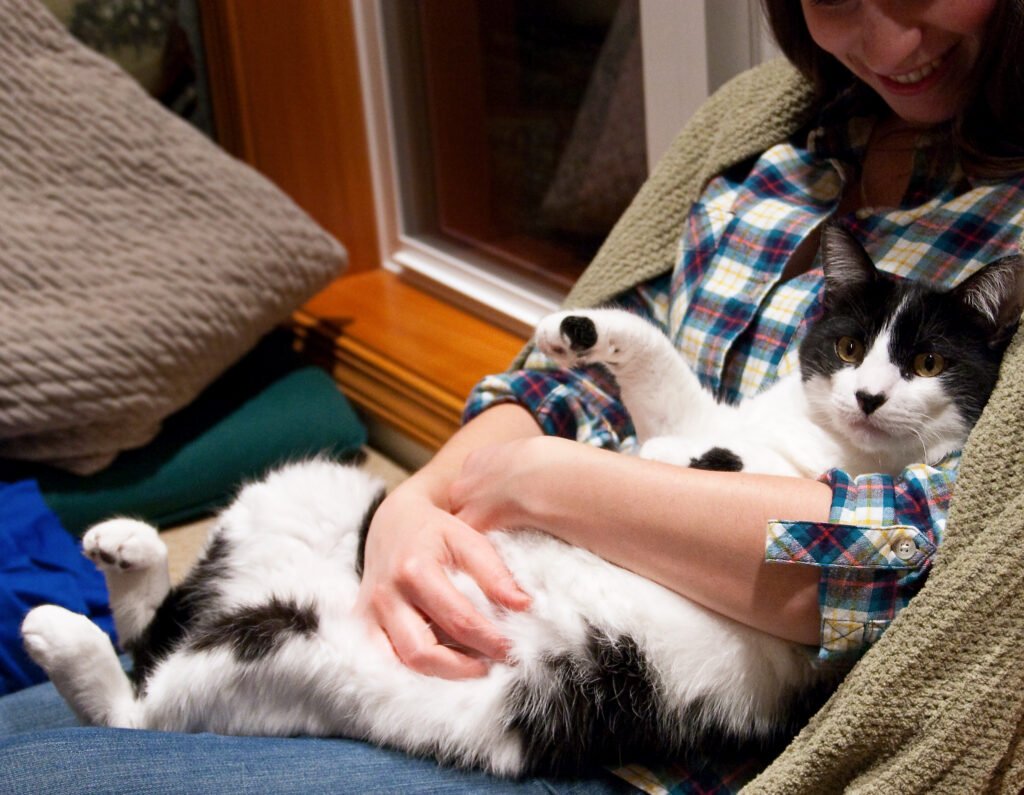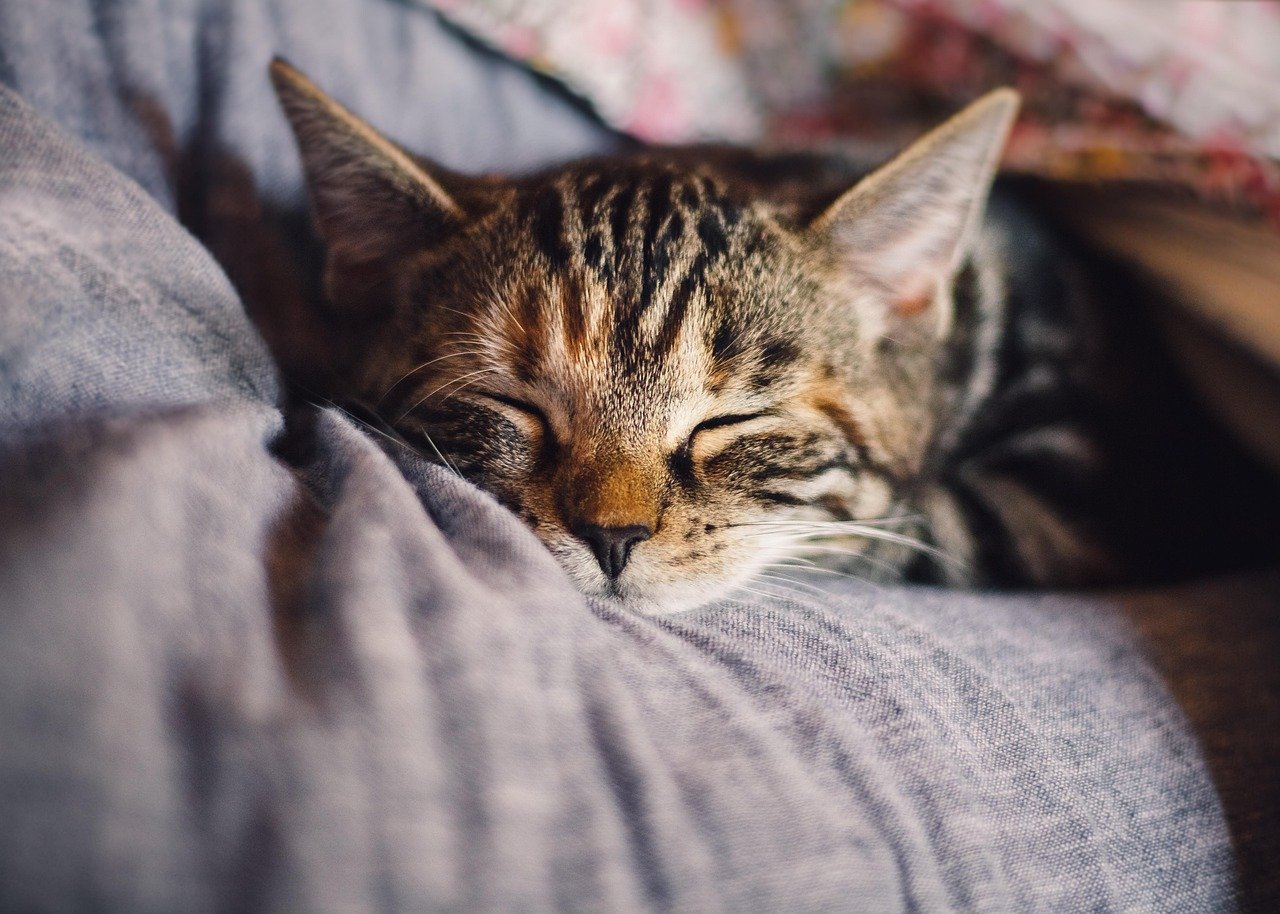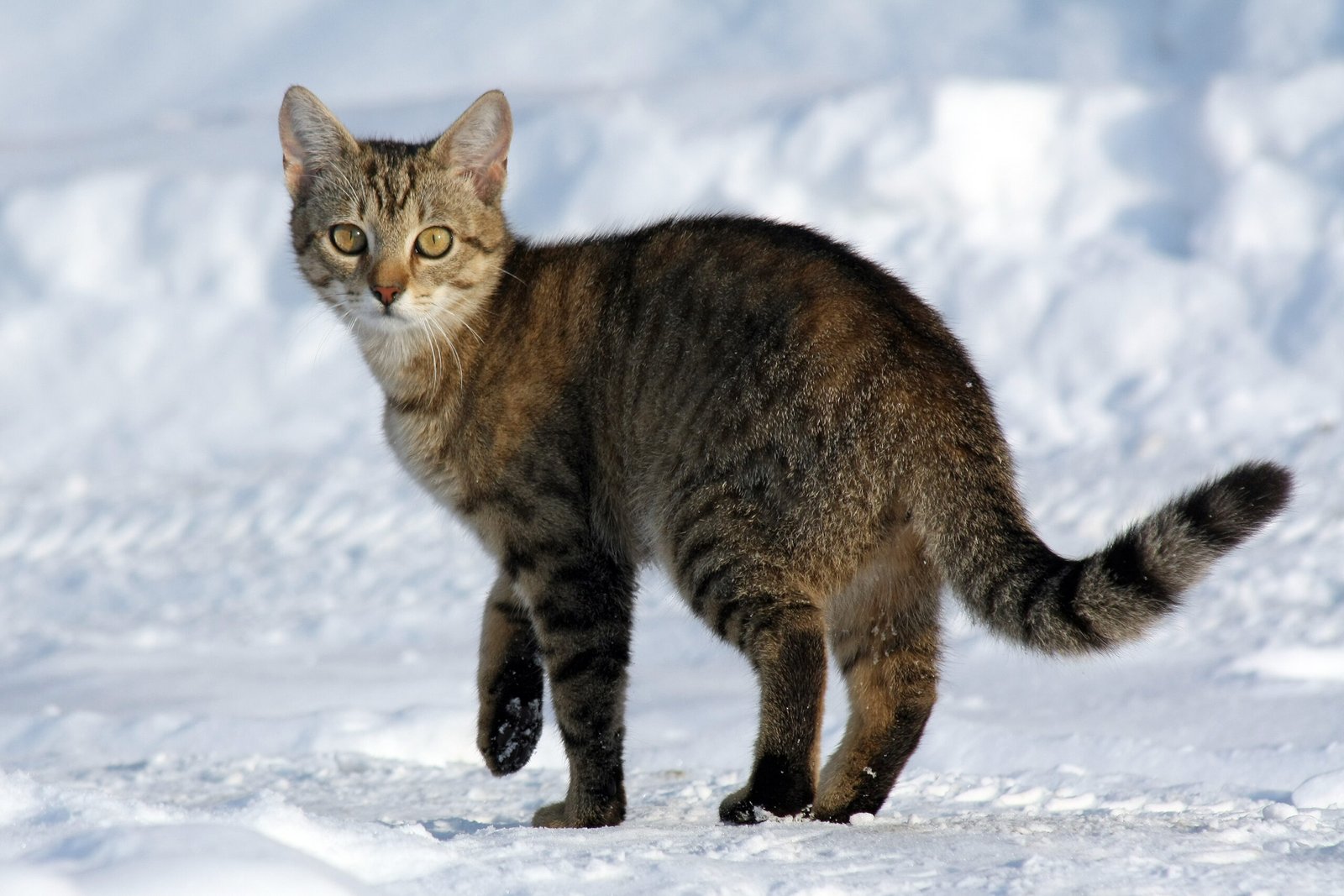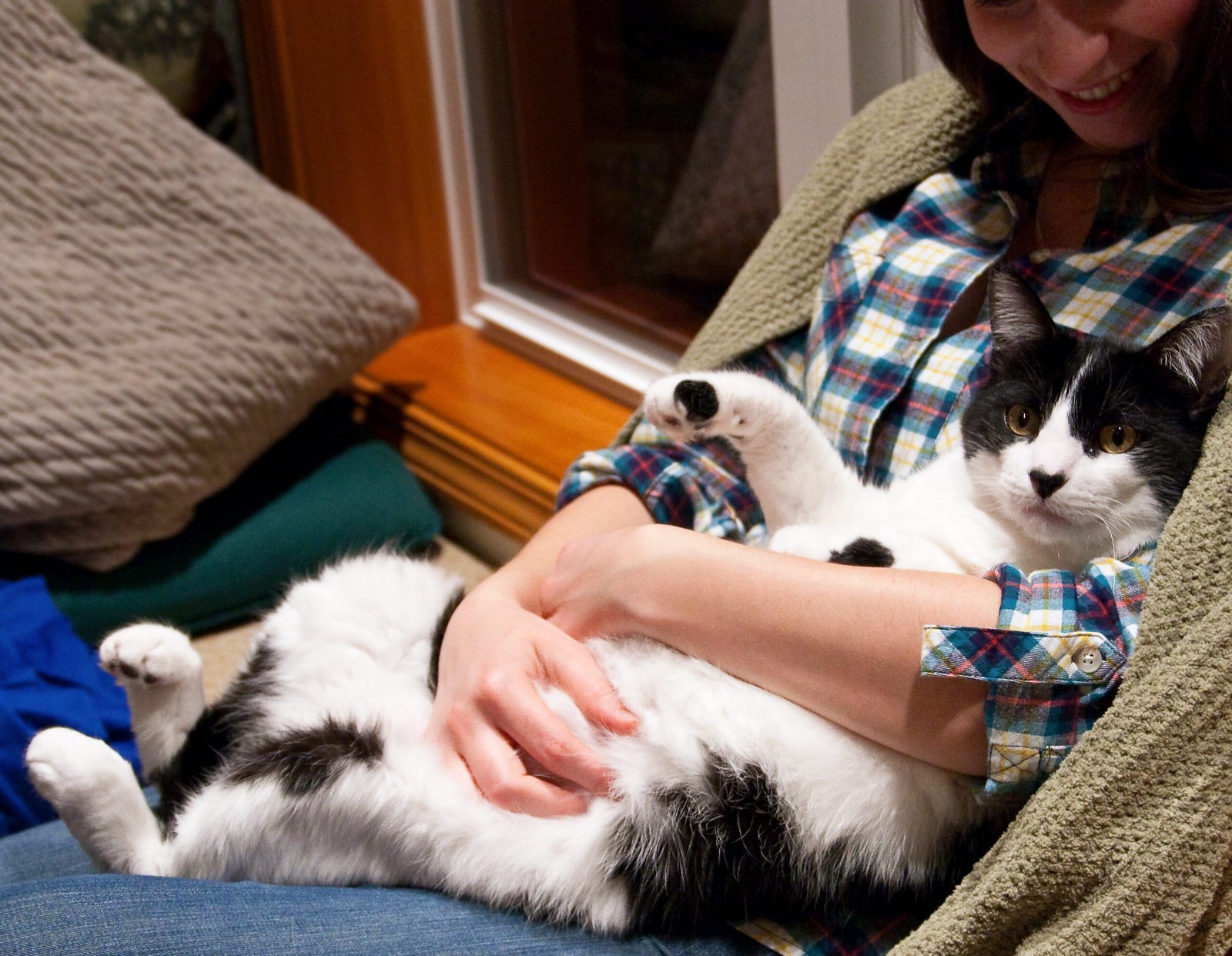Have you ever woken up to the gentle weight of your cat curled up on your chest, purring softly? It’s one of those small joys that makes being a cat parent feel magical, but it can also leave you wondering: Why does your cat insist on snoozing right on top of you? As a lifelong cat enthusiast, I’ve shared my bed, my lap, and even my head with more cats than I can count. Let’s unravel this cozy, mysterious habit together and discover what’s really going on in your feline friend’s mind.
The Comfort of Your Warmth

Cats are true connoisseurs of comfort, always seeking out the warmest spot in any room. Your body radiates heat, making you a living, breathing heated blanket in their eyes. Especially during colder months or in chilly homes, your cat will gravitate toward you for that perfect toasty nap.
This craving for warmth isn’t just about luxury. In the wild, warmth helps cats conserve energy and stay healthy. So, when your kitty curls up on you, it’s their instinctive way of staying cozy and content without lifting a paw to find another spot.
Bonding and Security

When your cat chooses to sleep on you, it’s a powerful signal of trust. Cats are most vulnerable when they’re sleeping, so settling down on your body means they feel safe and protected in your presence. It’s their way of saying, “I trust you with my life.”
This behavior deepens the bond between you and your feline companion. Even shy or independent cats will sometimes break character and seek out your lap when they’re craving reassurance or closeness. Every snuggle session is a silent love letter.
Your Scent is Soothing

Your cat’s sense of smell is far stronger than yours, and your unique scent is instantly recognizable to them. Sleeping on you lets your cat surround themselves with your familiar smell, which can be deeply comforting—especially in stressful times or after big changes at home.
If you’ve ever noticed your cat kneading you before lying down, that’s another sign they’re marking you as “theirs.” Your scent, mingled with theirs, creates a shared comfort zone that makes them feel at home.
Marking Their Territory

Cats are territorial creatures, and your body is no exception. When your kitty snoozes on you, they’re not just enjoying your company—they’re also claiming you as part of their domain. Through scent glands in their paws and cheeks, your cat subtly marks you as their own.
This isn’t possessiveness in a negative way; it’s more like a loving claim. You might notice that your cat is especially likely to do this if there are other pets or people in the house. It’s their gentle, purring way of saying, “You belong to me.”
Emotional Comfort and Stress Relief

Life can be stressful for cats too, and just like us, they seek comfort from those they love. Sleeping on you can be a feline coping mechanism for anxiety, loud noises, or changes in the household. Your presence offers reassurance and a sense of safety.
If your cat suddenly becomes clingier, pay attention to recent changes—new pets, visitors, or even a change in your routine. Offering extra cuddles and a calm environment can help ease their worries, just as your cat’s snuggles probably soothe your own stress.
Routine and Habit

Cats are creatures of habit and thrive on routine. If your cat has found sleeping on you to be pleasant, it quickly becomes a cherished nightly ritual. This routine is soothing for both of you, helping your cat feel grounded in their day-to-day life.
Sometimes, cats will even wait patiently for you to assume your “proper” position on the couch or bed before climbing on. It’s their way of saying, “Let’s keep our special tradition going.”
Recognizing Behavior Cues

When your cat wants to sleep on you, they’ll usually give clear signals—circling your lap, kneading with their paws, or softly headbutting you. These cues mean they’re ready to settle down and want your company.
Pay attention if your cat seems restless, avoids contact, or chooses to sleep far away. These changes can indicate health issues or stress, so a sudden shift in sleeping habits is worth a gentle check-in or even a vet visit.
Health Signs and Prevention Tips

While a cat sleeping on you is usually a sign of affection, it’s important to watch for signs that something’s off. Excessive clinginess, combined with changes in appetite or behavior, could point to health problems like anxiety, pain, or even illness.
Make sure your cat has alternative cozy spots, like soft beds or heated mats, especially if you need better sleep or have allergies. Encourage independence by rewarding your kitty for using these spaces but never punish them for wanting closeness—their love is heartfelt and genuine.






